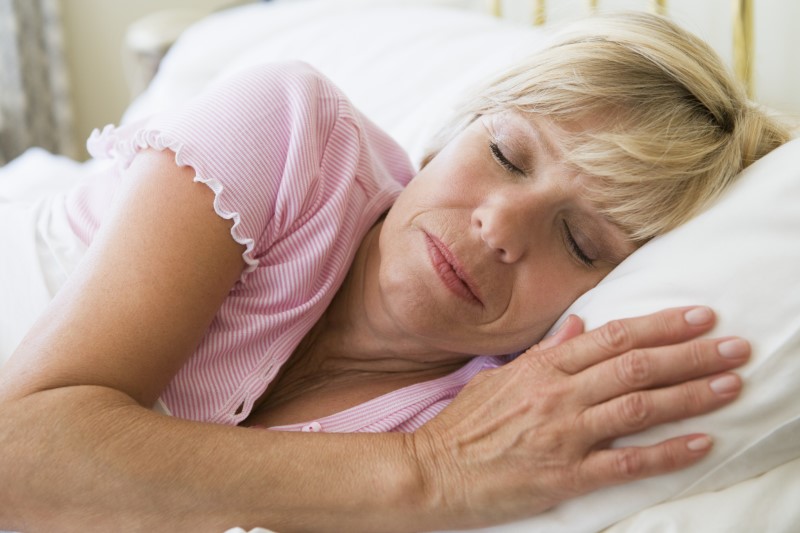Healthful Sleep, Luxury or Necessity for a Better Life?

Bev Dudley, RN, MA, MSN, PMHNP-BC, APRN, Health Partnership Clinic Volunteer
Post written by Bev Dudley, RN, MA, MSN, PMHNP-BC, APRN, Health Partnership Clinic Volunteer
We all must sleep. Everyone has light sensitive, internal hormonal alarms clocks called circadian rhythms which either promote sleep or wakefulness.
In addition, our personal choices during our waking hours can have an effect in promoting successful restorative sleep. These personal choices are collectively called, sleep hygiene.
Slight alterations in unhealthy sleep hygiene can make a difference in having a good night’s sleep.
In fact, better mental and physical health are in part, determined by healthful, quality sleep promotion choices.
Visit the American Academy of Sleep Medicine’s website for public education at http://www.sleepeducation.org/essentials-in-sleep/healthy-sleep-habits for tips and information about how to change to better sleep hygiene habits.
Can sleep hygiene promote better sleep?
Research suggests that sleep promotion education may improve sleep quality.
Can poor sleep habits result in insomnia?
Research suggests that smoking and drinking alcohol just before bedtime may contribute to worsening or ongoing poor sleep. Of course, these are not the only factors which may decrease the quality of sleep. Turning out the lights and staying away from electronic devices will assist in sleep promotion.
 You do have important choices to make in promoting good sleep and better wakeful times. These can assist in improving many areas of your day.
You do have important choices to make in promoting good sleep and better wakeful times. These can assist in improving many areas of your day.
The American Academy of Sleep Medicine offers the following tips to establish healthy sleep habits:
- Keep a consistent sleep schedule. Get up at the same time every day, even on weekends or during vacations.
- Set a bedtime that is early enough for you to get at least 7 hours of sleep.
- Don’t go to bed unless you are sleepy.
- If you don’t fall asleep after 20 minutes, get out of bed.
- Establish a relaxing bedtime routine.
- Use your bed only for sleep and sex.
- Make your bedroom quiet and relaxing. Keep the room at a comfortable, cool temperature.
- Limit exposure to bright light in the evenings.
- Turn off electronic devices at least 30 minutes before bedtime.
- Don’t eat a large meal before bedtime. If you are hungry at night, eat a light, healthy snack.
- Exercise regularly and maintain a healthy diet.
- Avoid consuming caffeine in the late afternoon or evening.
- Avoid consuming alcohol before bedtime.
- Reduce your fluid intake before bedtime.







Very useful article. The above tips provided by the American Academy of Sleep Medicine are really helpful for us. Thank you for share this well-researched article. I appreciate it.